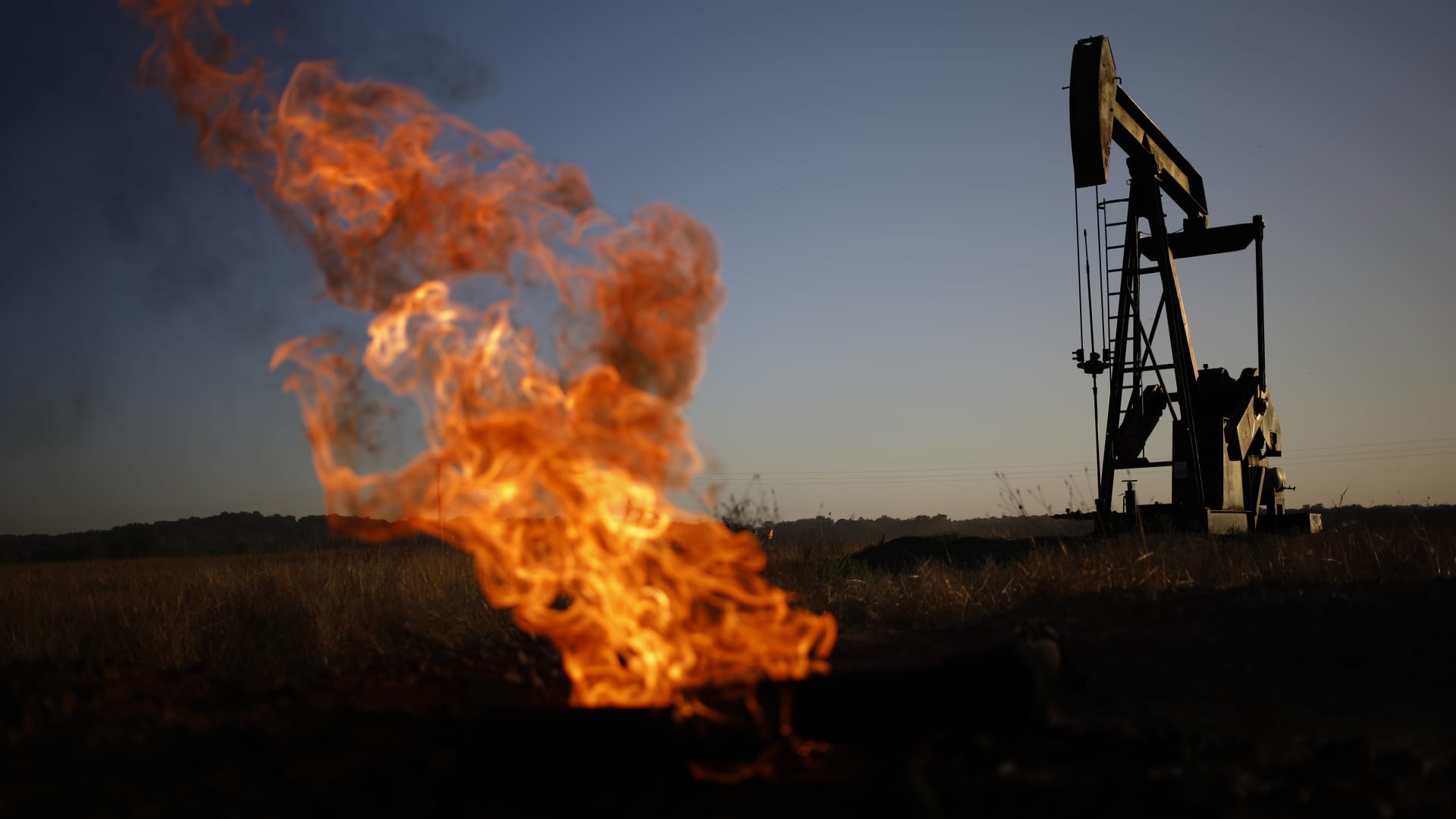U.S. crude prices fell more than 4% Wednesday after the Organization of Petroleum Exporting Countries delayed a pivotal meeting on production cuts that was scheduled for the weekend.
The West Texas Intermediate contract for January dropped $3.27, or 4.2%, to $74.50 a barrel, while the Brent contract for January fell $3.32, or 4.03%, to $79.13 a barrel.
OPEC said in a statement the meeting of energy ministers is delayed until next Thursday without providing a reason. The talks have run into trouble due to Saudi dissatisfaction with other members’ production levels, delegates told Bloomberg.
Compliance is a major challenge for OPEC and its allies, called OPEC+, because many countries have an incentive to not stick with their production quotas, said Tamas Varga, an analyst with PVM Oil Associates.
“Compliance will be weak going forward,” Varga said. He pointed to Russia in particular, which needs to finance its war in Ukraine.
There was growing anticipation among traders this week that OPEC+ might implement additional production cuts, as oil has fallen precipitously from September highs amid record non OPEC production and demand concerns in China.
OPEC+ has already taken 5.16 million barrels per day off the market since 2022, which includes 3.66 million bpd from the group and 1.5 million bpd in voluntary cuts from Saudi Arabia and Russia.
Despite those deep cuts, Brent has fallen below $80 a barrel in recent weeks. Goldman Sachs believes OPEC will use its pricing power to keep Brent in a range of $80 to $100 a barrel.
Most analysts view OPEC+ extending the current cuts into 2024 as the most likely scenario, though they would not rule out the possibility of deeper cuts given current market conditions.
Israel and Hamas also agreed to a four-day ceasefire Wednesday to facilitate the release dozens of hostages held in Gaza. Oil spiked in October on worries that the war could spread throughout the Middle East, though traders increasingly view a regional conflict as unlikely.
